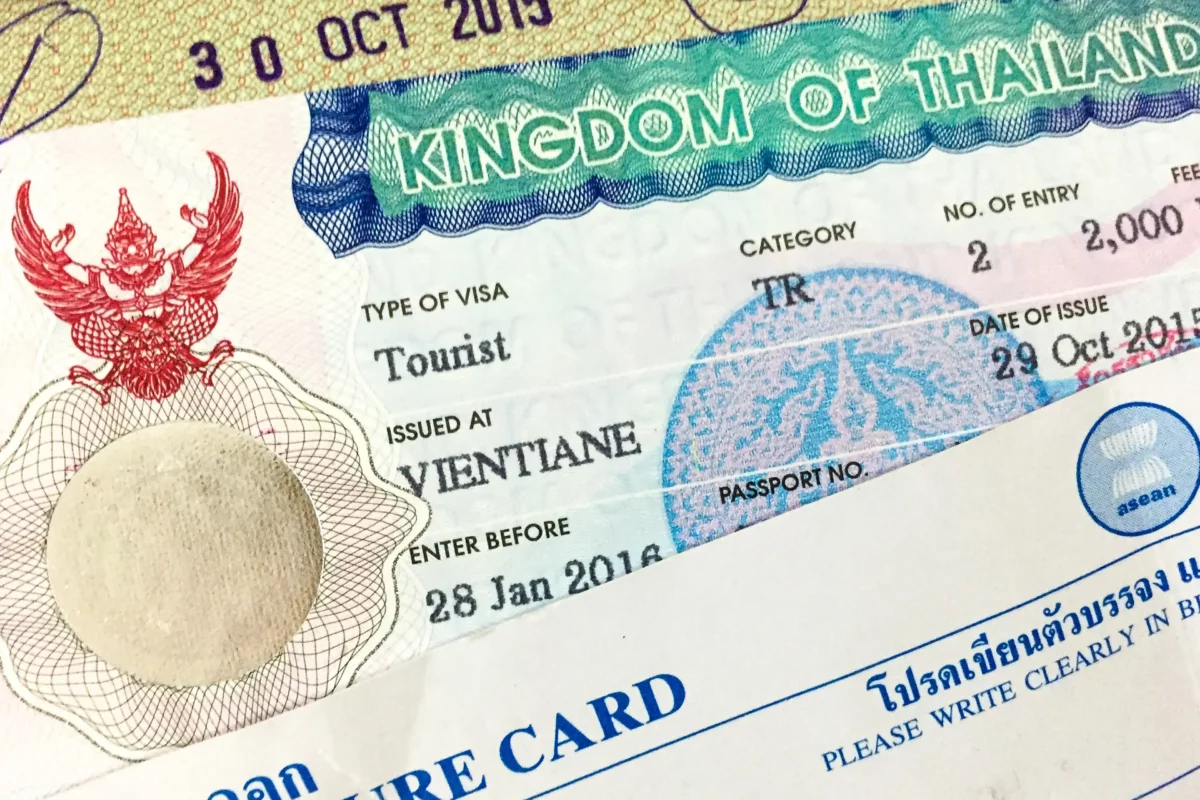A Notary Public in Thailand plays a crucial role in the legal and commercial landscape, providing essential services related to the authentication and certification of documents. Understanding the functions, qualifications, responsibilities, and processes involving notaries in Thailand is vital for both individuals and businesses. This comprehensive guide explores the role of notary publics in Thailand, including their legal framework, services offered, and the importance of their work in various legal transactions.
Legal Framework for Notary Public in Thailand
1. Law Governing Notary Publics
In Thailand, notary services are primarily provided by licensed lawyers who have received additional certification to act as notary publics. The Lawyers Act B.E. 2528 (1985) and subsequent regulations issued by the Lawyers Council of Thailand govern the operations and duties of notary publics in the country.
2. Certification and Regulation
The Lawyers Council of Thailand oversees the certification and regulation of notary publics. Lawyers wishing to become notary publics must undergo specific training and pass an examination. Once certified, they must adhere to strict professional standards and ethical guidelines set by the council.
Services Offered by Notary Publics in Thailand
Notary publics in Thailand offer a wide range of services that are essential for legal and commercial transactions. These services include, but are not limited to:
1. Authentication of Documents
One of the primary functions of a notary public is to authenticate various legal documents. This process involves verifying the identity of the signatories, ensuring that they understand the contents of the document, and witnessing the signing. Common documents that require authentication include contracts, agreements, affidavits, and power of attorney Thailand.
2. Certification of Copies
Notary publics can certify copies of original documents, attesting that the copies are true and accurate representations of the originals. This service is often required for submitting documents to government agencies, courts, or foreign entities.
3. Witnessing Signatures
Notary publics serve as impartial witnesses to the signing of important documents, providing an additional layer of verification and assurance. This is particularly important for documents that will be used in legal proceedings or international transactions.
4. Administering Oaths and Affirmations
Notary publics are authorized to administer oaths and affirmations, which are necessary for various legal processes, including affidavits, depositions, and statutory declarations.
5. Attesting to the Execution of Documents
Notary publics can attest to the proper execution of documents, confirming that the parties involved have signed the documents in their presence and that the signatures are genuine.
6. Preparation and Notarization of Notarial Acts
Notarial acts, such as notarial certificates and acknowledgments, are prepared and notarized by notary publics. These documents are often required for international transactions, such as the transfer of property or the execution of wills and trusts.
Importance of Notary Public Services
1. Legal Validity and Enforceability
Notarized documents carry significant legal weight and are often required to ensure the validity and enforceability of certain transactions. In many cases, documents that are not notarized may be deemed invalid or unenforceable in court.
2. Prevention of Fraud
The authentication and witnessing services provided by notary publics help prevent fraud and ensure that documents are signed willingly and knowingly by the appropriate parties. This is particularly important in transactions involving significant financial or legal consequences.
3. International Recognition
Notarized documents are widely recognized and accepted internationally. This is essential for cross-border transactions, such as international business agreements, property transfers, and immigration matters. Notarization provides assurance to foreign entities that the documents are authentic and legally binding.
4. Compliance with Legal Requirements
Many legal processes and transactions in Thailand require notarization to comply with statutory or regulatory requirements. Notary publics ensure that documents meet these requirements, helping individuals and businesses avoid legal complications.
Process of Notarization in Thailand
1. Preparation of Documents
Before approaching a notary public, individuals must prepare the documents that need to be notarized. This includes ensuring that all information is accurate and complete.
2. Verification of Identity
The notary public will verify the identity of the signatories using valid identification documents, such as a passport or national ID card. This step is crucial to prevent fraud and ensure the authenticity of the signatures.
3. Review of Documents
The notary public will review the documents to ensure that they are complete and that the parties understand the contents. This includes verifying that the documents comply with relevant legal requirements.
4. Execution of Documents
The signatories will sign the documents in the presence of the notary public. The notary will then affix their official seal and signature, attesting to the authenticity of the signatures and the proper execution of the documents.
5. Issuance of Notarial Certificate
For certain transactions, the notary public may issue a notarial certificate, which serves as an official record of the notarization. This certificate includes details about the signatories, the documents, and the date of notarization.
Challenges and Considerations
1. Accessibility and Availability
While notary services are widely available in major cities, individuals in rural areas may face challenges in accessing these services. Efforts to increase the availability of notary publics in remote regions can help address this issue.
2. Cost of Services
The cost of notary services can vary depending on the complexity and nature of the documents. It is important for individuals and businesses to understand the fee structure and budget accordingly.
3. Legal and Ethical Standards
Notary publics must adhere to strict legal and ethical standards to maintain their certification. Any breach of these standards can result in disciplinary action, including suspension or revocation of their notary license.
Recent Developments and Reforms
1. Digital Notarization
With advancements in technology, digital notarization is becoming more prevalent. This involves the use of electronic signatures and digital seals, allowing for remote notarization of documents. While this practice is still developing in Thailand, it holds promise for increasing efficiency and accessibility.
2. Regulatory Updates
The Lawyers Council of Thailand periodically updates regulations and guidelines for notary publics to ensure that their services meet current legal standards. Staying informed about these updates is crucial for notary publics to maintain their certification and provide compliant services.
3. Public Awareness
Efforts to raise public awareness about the importance and availability of notary services are ongoing. Educational campaigns and outreach programs help individuals and businesses understand when and why they need to use notary publics.
Conclusion
Notary publics in Thailand play an essential role in ensuring the authenticity and legality of important documents. Their services provide critical support for various legal and commercial transactions, from authenticating contracts to witnessing signatures and administering oaths. Understanding the legal framework, services offered, and processes involved in notarization is crucial for individuals and businesses to navigate the complexities of legal documentation effectively. As digital notarization and regulatory updates continue to evolve, the role of notary publics in Thailand will remain vital in safeguarding the integrity of legal transactions.






